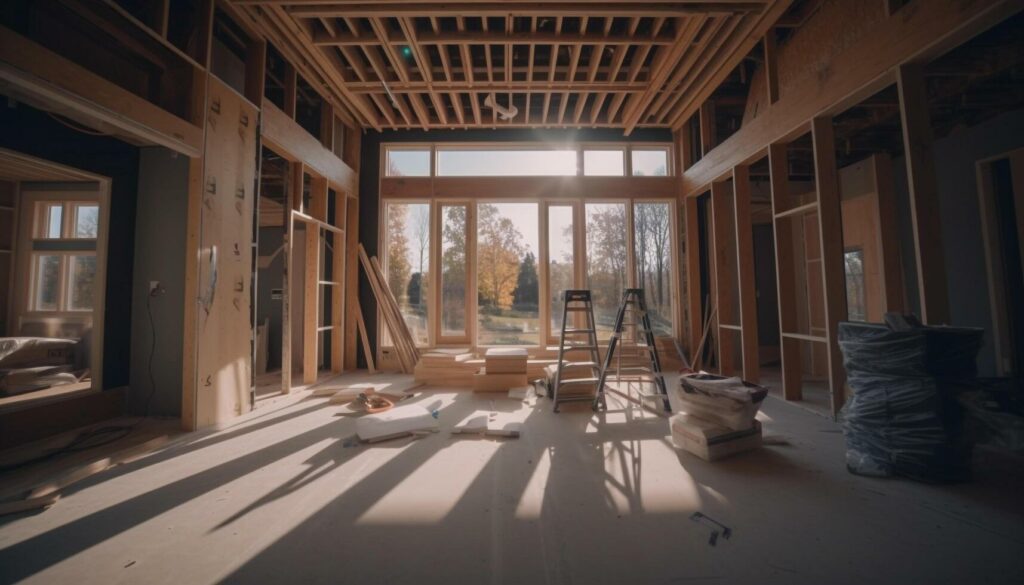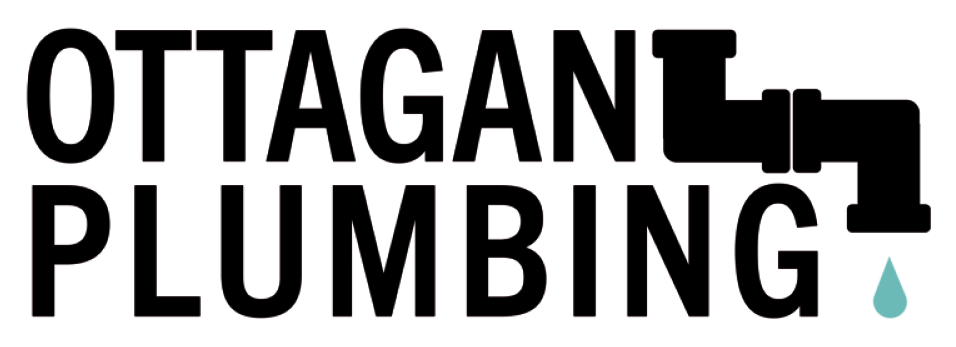
Renovating your home can be an exciting and rewarding experience, but it can also pose significant risks to your plumbing system if not handled properly. Whether you’re updating a bathroom, remodeling a kitchen, or adding a new space, it’s crucial to take steps to safeguard your plumbing. Here are some essential tips to ensure your plumbing stays intact during the renovation process.
Plan Ahead
Before any renovation work begins, it’s vital to plan thoroughly. Consider the following:
- Blueprints and Schematics: Review your home’s plumbing blueprints and schematics to understand the location of pipes and fixtures.
- Consult a Professional: Engage a licensed plumber to inspect your existing plumbing system. They can provide insights and advice on how to protect it during the renovation.
Turn Off the Water Supply
To prevent accidental leaks and water damage, always turn off the water supply before starting any renovation work. This is especially important if you’re working near plumbing fixtures or pipes. Locate the main water shut-off valve and ensure it’s accessible in case of an emergency.
Cover and Seal Exposed Pipes
During the renovation, exposed pipes can be vulnerable to damage from construction debris, tools, and materials. Protect them by:
- Using Pipe Covers: Install pipe covers or insulation around exposed pipes to shield them from impact and temperature fluctuations.
- Sealing Openings: Seal any openings around pipes to prevent dust and debris from entering and causing blockages.
Avoid Heavy Equipment Near Plumbing
Heavy construction equipment and materials can put undue stress on your plumbing system. Be mindful of:
- Weight Distribution: Avoid placing heavy items on floors above plumbing lines, as this can cause pipes to shift or break.
- Vibration: Minimize the use of equipment that generates significant vibrations, as these can loosen pipe connections and joints.
Relocate Plumbing Fixtures if Necessary
If your renovation involves altering the layout of a room, you may need to relocate plumbing fixtures. This requires careful planning and professional expertise to ensure proper installation and avoid future issues. Always:
- Hire a Licensed Plumber: A professional plumber can handle the relocation of pipes and fixtures, ensuring they comply with local codes and regulations.
- Use Quality Materials: Invest in high-quality pipes, fittings, and fixtures to prevent leaks and ensure longevity.
Test the System Before Completion
Before finalizing your renovation, it’s essential to test your plumbing system to ensure everything is functioning correctly. This includes:
- Checking for Leaks: Inspect all connections and joints for any signs of leaks or drips.
- Running Water: Turn on faucets and flush toilets to check for proper water flow and drainage.
- Pressure Testing: Have a professional conduct a pressure test to identify any potential weaknesses in the system.
Educate Your Contractors
Ensure that all contractors working on your renovation are aware of the location and importance of your plumbing system. Provide them with the necessary information and guidelines to avoid accidental damage.
Conclusion
Protecting your plumbing during a renovation requires careful planning, professional assistance, and attention to detail. By following these tips, you can safeguard your plumbing system and ensure your renovation project is a success. Remember, when in doubt, always consult a licensed plumber to help navigate the complexities of your home’s plumbing. With the right precautions, you can achieve your dream renovation without compromising the integrity of your plumbing system.
